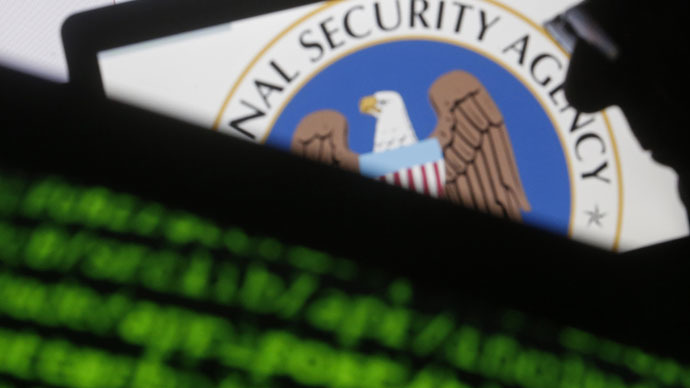Lawmaker claims North Korea internet blackout was ‘response’ to Sony hack

When North Korea’s internet went down last December, it was in retaliation for the alleged hacking of Sony Pictures, a top American lawmaker in charge of overseeing cyber-security reportedly admitted.
Rep. Michael McCaul (R-Texas), the chairman of the House Homeland Security Committee, was the first US official to confirm that the denial-of-service attack was reactively launched against North Korea, reported Bloomberg Politics on Tuesday. Speaking at an event hosted by the Center for Strategic and International Studies (CSIS), a Washington think-tank, McCaul did not say who actually executed the attack and declined to clarify if he meant the US was behind it.
“There were some cyber responses to North Korea,” he was quoted as saying.
Michael McCaul says the US turned off the internet in North Korea as retribution for the Sony hack http://t.co/OGTVtz6jFf
— Julian Hattem (@jmhattem) March 17, 2015
North Korea’s internet channels were shut down for almost ten hours between December 21 and 22 last year. Earlier that month, Sony Pictures Entertainment suffered a massive data breach due to a hack. The studio blamed the attack on North Korea, alleging it was an attempt to disrupt the release of a comedy about assassinating North Korean leader Kim Jong-un. North Korea rejected the allegations, though it praised the hack, and the US government vowed to “respond proportionally.”
Very curious to hear how McCaul knows this. Still a bit incredulous. http://t.co/bRDrJT4Vns
— Russell Brandom (@russellbrandom) March 17, 2015
In January, the Associated Press quoted two senior US officials in January saying the US government had not been responsible for the outage. Hacktivist group “Gator League” claimed responsibility at the time. However, they also attacked the site of Britain’s surveillance agency GCHQ, a major US ally. The mysterious group ceased to exist at the end of February, when it announced on Twitter: “From this point on is disband!” (sic)
At the Homeland Security Committee’s page, McCaul is described as “a leader on cyber security policy” who helped author the 2012 Cyber Security Enhancement Act. The bill passed the Senate and was signed into law in December 2014, not long after the Sony hack. McCaul’s congressional district in south-central Texas has a high concentration of tech companies.
READ MORE:Hacktivist group ‘takes down’ GCHQ website, claims N. Korean blackout
Speaking at CSIS, where he co-chaired a Commission on Cybersecurity in 2009, McCaul announced he would be submitting another cyber-security bill this week outlining what companies can do to defend from cyber-attacks. The law would not provide protection for retaliatory hacks, he reportedly said, as reprisals were the government’s job.
According to McCaul, China, North Korea, Iran and Russia are engaging in government-sponsored cyber-attacks.
Sort of weird how this doesn’t quote McCaul directly and no one else is reporting it? http://t.co/Xg5Mf8B4Xc
— Max Fisher (@Max_Fisher) March 17, 2015












